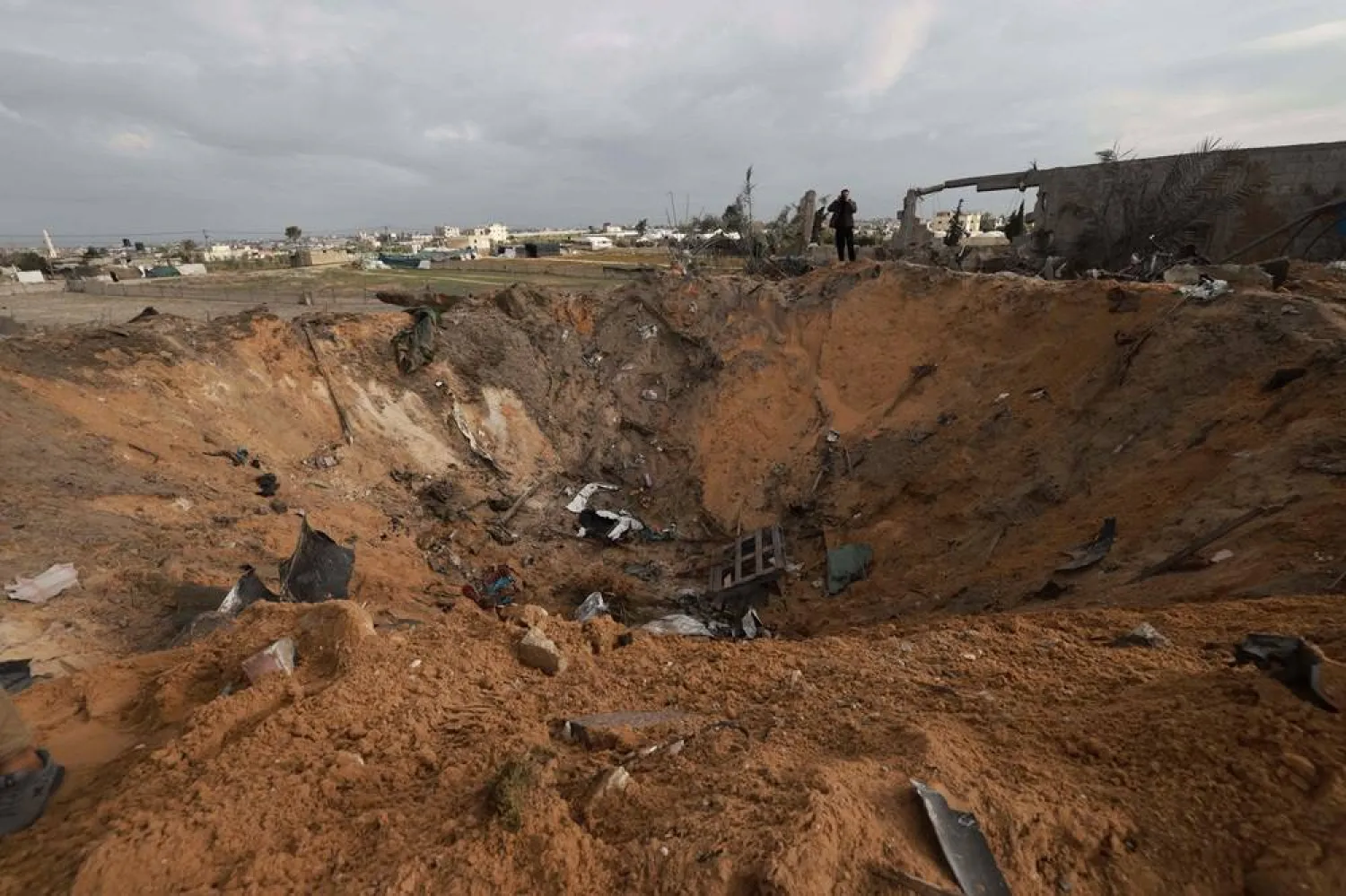Israel on Sunday formalized its opposition to what it called the "unilateral recognition" of Palestinian statehood, and said any such agreement must be reached through direct negotiations.
Prime Minister Benjamin Netanyahu brought the "declaratory decision" to a vote in cabinet, which unanimously approved the measure, according to a statement.
Netanyahu said at the start of the weekly meeting that the move comes after "recent talk in the international community about an attempt to unilaterally impose on Israel a Palestinian state."
The war in Gaza that has raged since Hamas' Oct. 7 rampage through Israeli communities is the latest in a conflict between Israelis and Palestinians that has rumbled on for seven decades and destabilized the Middle East.
Efforts to achieve a two-state solution - a Palestinian state in the West Bank and Gaza alongside Israel - have been stalled since 2014.
US President Joe Biden has been trying to clinch an even broader deal in the Middle East, that would include Arab states normalizing ties with Israel, as well as the creation of a Palestinian state.
The formal Israeli statement, according to Netanyahu's office, reflects the fact that: "Israel rejects outright international dictates regarding a permanent accord with the Palestinians. An accord, should it be reached, will only come through direct negotiations between the sides, without preconditions."
"Israel will continue to oppose the unilateral recognition of a Palestinian state. Such recognition in the wake of the October 7th massacre will grant a huge, unprecedented reward to terrorism and prevent any future peace accord," it said.









